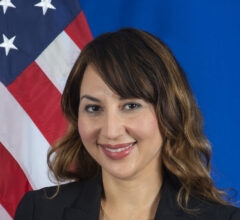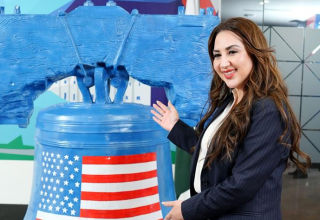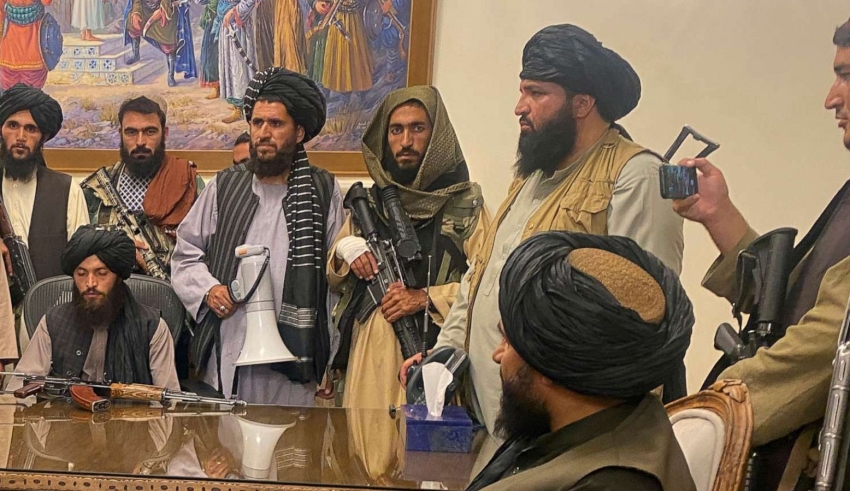
WASHINGTON DC: Reporters and media analysts in Afghanistan report steadily increasing censorship and deteriorating conditions for local journalists.
Media on the ground feel as though “no stories can be filed” without Taliban approval, said a Kabul-based journalist who asked not to be identified for fear of reprisal.
The journalist has been covering politics and security issues in Afghanistan for more than a decade. He said he used to be able to go straight to the scene of an incident, get eyewitness accounts and ask officials for their story.
“But no one can imagine doing that [now],” he told VOA. “We must have the Taliban’s account of a story first or else we cannot publish it.”
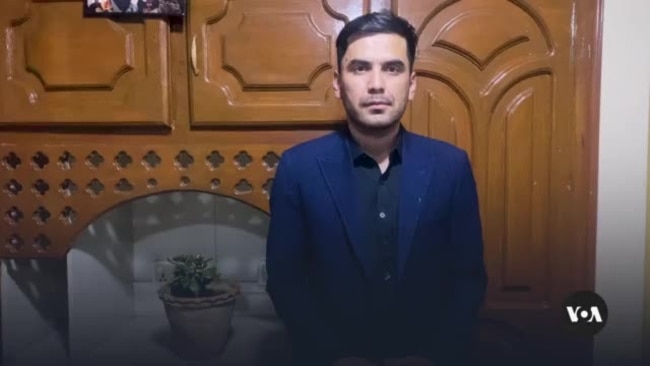
Government control over content is just one of the challenges the country’s journalists face, media advocates say. Female reporters face dress code regulations. And in April alone, Taliban officials in Khost province detained three journalists and blocked access to the privately owned channels Noor TV and Barya TV, according to media reports.
Officials said the broadcasters were not respecting “national and Islamic values.”
Afghan journalists try their best to cover stories, but it is challenging, said Gul Mohammad Graan, president of the Afghan chapter of the South Asian Association of Reporters Club and Journalists Forum.
“Censorship is increasing day by day. The Taliban aim to control what the media say,” Graan said. “By control, I mean, whatever they want is covered, and whatever they do not want is not covered.”
That environment is reflected in the 2024 World Press Freedom Index, which saw Afghanistan drop 26 points over the past year. The country ranks 178 out of 180, with 1 assigned to the country with the best media environment, in the report published Friday by Reporters Without Borders, or RSF.
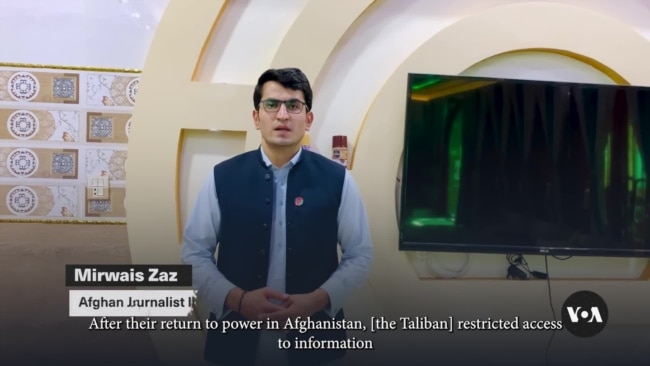
Under the Taliban, Afghanistan is the “most repressive country” in South Asia, said Célia Mercier, who covers the region for RSF. “Directive[s] of all kinds that are restricting press freedom,” she added.
Neither the Taliban spokesperson nor its Foreign Ministry responded to VOA’s request for comment. But the Taliban have previously said that media outlets have unrestricted freedom and support from the government if they follow the country’s laws and Islamic values.
The Afghanistan Journalists Center has recorded more than 450 media violation cases since the Taliban took power.
“These include three journalists killed, 219 detentions and 235 cases of threats and physical violence,” said Ahmad Quraishi, the center’s executive director.
Quraishi told VOA that when the Taliban took over, they announced that the country’s existing media law would remain in effect. But then “they issued about 17 edicts that are in opposition to media law,” he said.
Beh Lin Yi, head of the Committee to Protect Journalists’ Asia program, said the Taliban try to control media so that Afghans and the world “won’t know what was going on in the country.”

Beh said the international community should speak up for the female journalists who “are bearing the brunt of the Taliban crackdown on the media because they have been denied an equal opportunity to work inside Afghanistan.”
More than 80% of the country’s female journalists lost their jobs in the first four months of the Taliban’s takeover, according to RSF.
Among all female media workers including journalists, the drop-off was 73% during those months, according to RSF.
Those women who continue to work as journalists in Afghanistan face strict limitations. The Taliban require all women to wear the hijab. But female journalists were also told they must be covered from head to toe. And they also have to grapple with the restrictive mandates imposed on all Afghan women, such as not being allowed to travel more than short distances unaccompanied by a male relative.
“The limitations made it impossible for women journalists to continue their work,” said Farogh Tarin, who used to work for the Pajhwok News Agency in Kabul.

Faroogh Tarin
“I was not allowed to go to events or attend conferences, interviews and protests. Therefore, I was forced to leave Afghanistan,” she told VOA.
Tarin left Afghanistan in March 2022 and is now living in France.
Despite the restrictions, journalists in the country and those in exile are still working hard to cover events.
One reporter in Khost province, who asked for anonymity, said there are limitations on coverage but “in general, we continue to report.”
Samiullah Jalalzai, Najiba Salam and Mohammad Ahmadi from VOA’s Afghan Service contributed to this report. This article originated in VOA’s Afghan Service.


